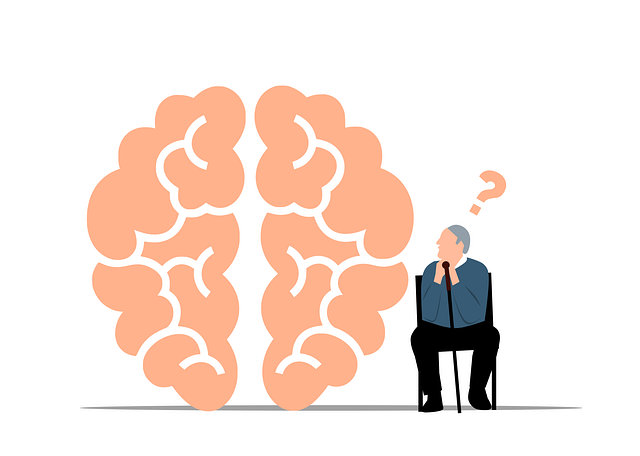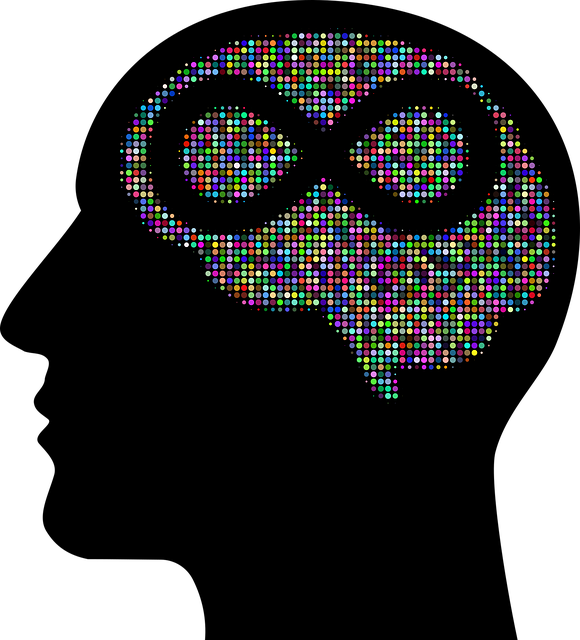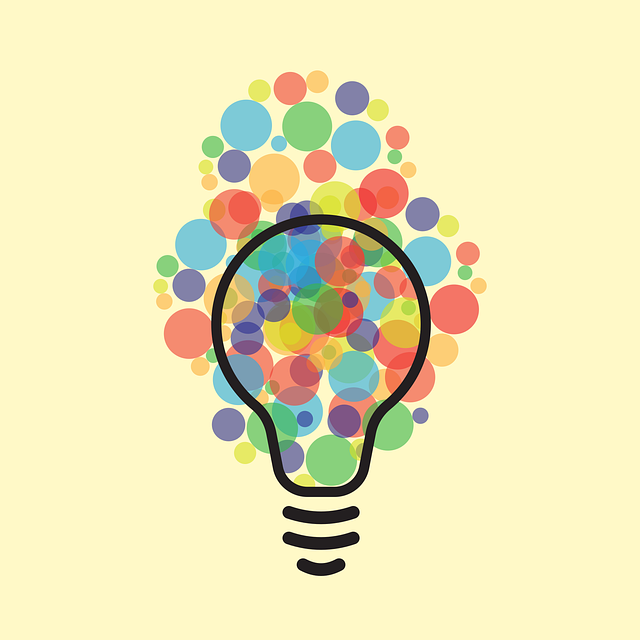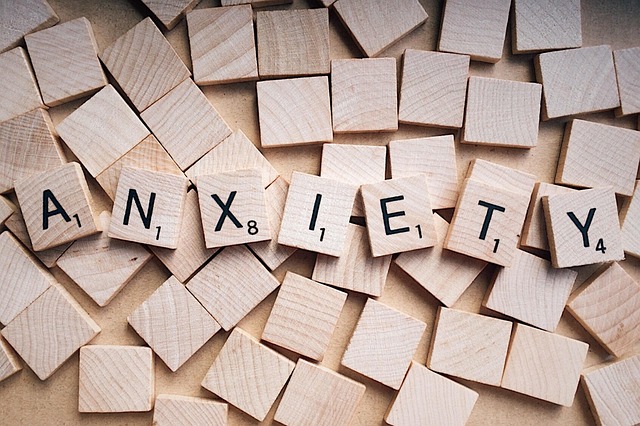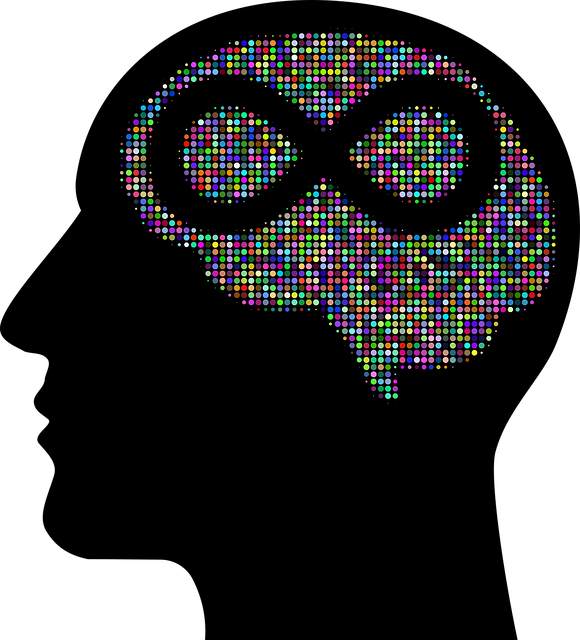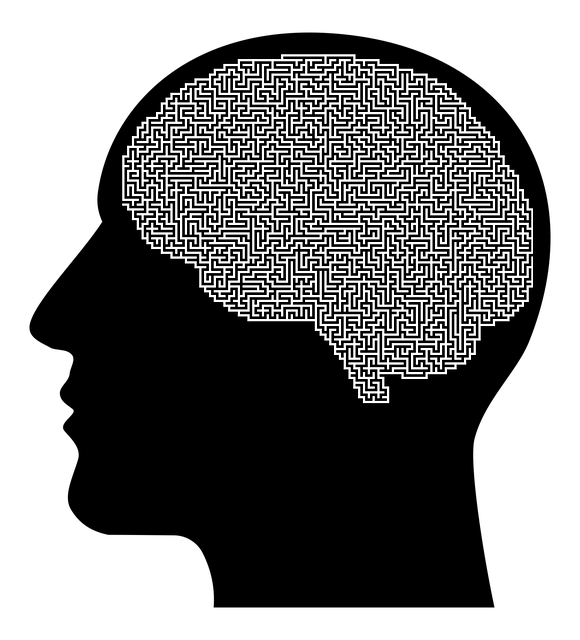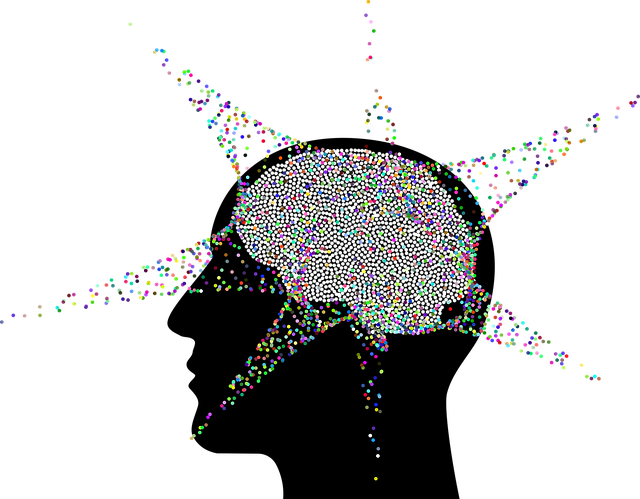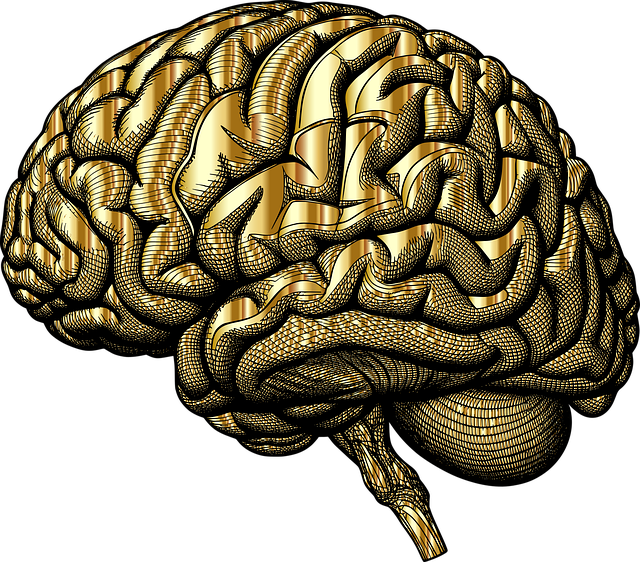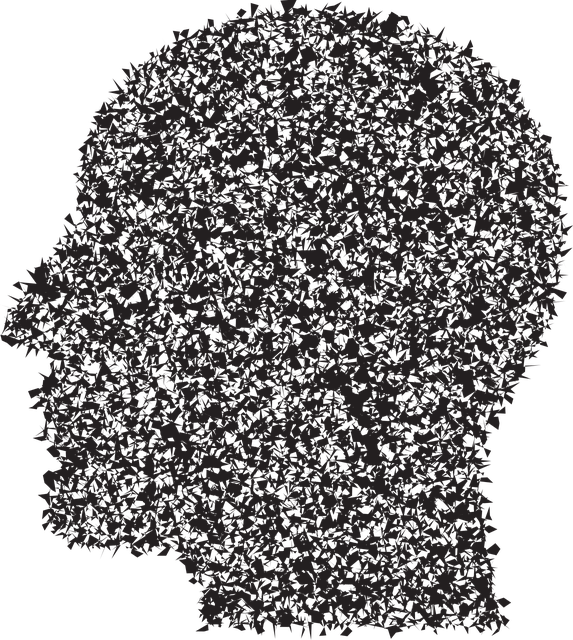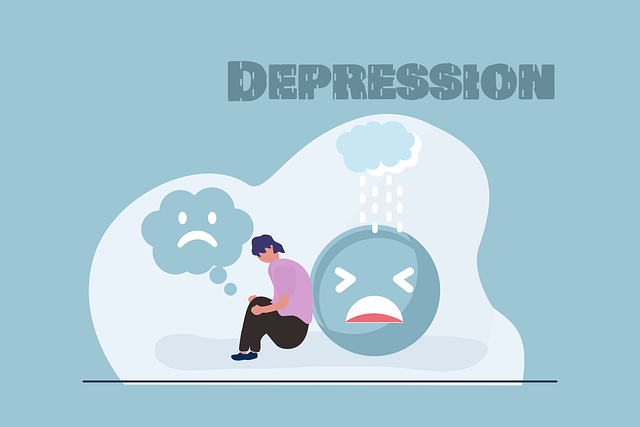Mental wellness journaling is a popular and effective tool for self-reflection, especially beneficial in Colorado Springs drug abuse-substance abuse therapy. By documenting thoughts and experiences, individuals gain insights into their emotional state, identify patterns, and support personal growth. Journaling enhances self-awareness, decision-making, and recovery progress by helping clients process thoughts, feelings, and triggers related to drug abuse. Regular practice improves coping mechanisms, social skills, and introspection, making it an essential part of healing in Colorado Springs. To maximize benefits, set consistent journaling time with clear intentions and utilize prompts that encourage self-awareness, along with stress management techniques like deep breathing.
“Unwind and embrace self-discovery with mental wellness journaling, a transformative practice gaining traction in Colorado Springs. This article explores its potential as a powerful tool for navigating substance abuse recovery and enhancing therapy sessions.
We’ll delve into the benefits of expressive writing, offering insights on how it can facilitate healing and personal growth. Additionally, discover practical tips tailored to create effective mental wellness journaling exercises, empowering individuals in Colorado Springs seeking drug abuse therapy to take charge of their mental health journey.”
- Understanding Mental Wellness Journaling: A Powerful Tool for Self-Reflection
- The Benefits of Journaling for Recovery and Substance Abuse Therapy in Colorado Springs
- Practical Tips and Techniques for Effective Mental Wellness Journaling Exercises
Understanding Mental Wellness Journaling: A Powerful Tool for Self-Reflection

Mental wellness journaling is a powerful tool for self-reflection that has gained significant traction in recent years, especially with the growing emphasis on mental health awareness. By documenting thoughts, feelings, and experiences, individuals can gain valuable insights into their emotional state, identify patterns of behavior or thought, and work towards personal growth. This practice is particularly beneficial for those navigating challenges like Colorado Springs drug abuse-substance abuse therapy, as it provides a safe space to process emotions and track progress during recovery.
The act of writing down one’s mental wellness journey fosters a deeper connection with oneself. It allows individuals to reflect on their responses to various life situations, consider alternative perspectives, and develop more adaptive coping strategies. Moreover, regular journaling can enhance self-awareness, promote better decision-making, and serve as a resource for looking back at past experiences to understand how far one has come. This practice is not only useful but also encouraged by Stress Management Workshops Organization, Mental Health Policy Analysis and Advocacy groups, and experts in Self-Care Practices who recognize its potential to transform lives.
The Benefits of Journaling for Recovery and Substance Abuse Therapy in Colorado Springs

Journaling has emerged as a powerful tool in the field of substance abuse therapy, offering numerous benefits for individuals seeking recovery in Colorado Springs. By putting pen to paper, clients can engage in a therapeutic practice that promotes mental health awareness and emotional well-being promotion techniques. This simple yet effective exercise allows them to process their thoughts, feelings, and experiences, which is crucial for understanding and overcoming the challenges associated with drug abuse.
Through regular journaling, individuals in Colorado Springs can develop better coping mechanisms and enhance their social skills training. Expressing oneself on paper provides a safe space for introspection, encouraging self-reflection and personal growth. It helps clients identify triggers, process emotions like anger or sadness, and explore healthier ways to manage stress. This form of self-expression is an integral part of the healing process, fostering a deeper understanding of one’s mental health journey and contributing to long-term success in substance abuse therapy.
Practical Tips and Techniques for Effective Mental Wellness Journaling Exercises

Engaging in mental wellness journaling can be a powerful tool for self-reflection and healing, especially when combined with evidence-based practices. To make your journaling exercises effective, consider incorporating techniques that promote mindfulness and introspection. Start by setting aside dedicated time each day or week; consistency is key to reaping the benefits of this habit. Begin each entry with a clear intention, whether it’s to explore emotions, track progress towards goals, or simply observe thoughts without judgment.
Utilize prompts that encourage self-awareness, such as reflecting on your daily experiences and how they influenced your mood, or writing about challenges and coping strategies. For instance, if you’re dealing with Colorado Springs drug abuse-substance abuse therapy, journaling can help track triggers, emotions, and the effectiveness of your treatment plan. Enhance your practice by incorporating sensory details; describe sights, sounds, and smells that evoke specific memories or feelings. This can be a game-changer for those navigating complex emotions, similar to how healthcare provider cultural competency training enhances patient care. Stress management techniques like deep breathing or progressive muscle relaxation before journaling can also improve the quality of your reflections.
Mental wellness journaling is a simple yet profound practice that offers significant benefits, especially in substance abuse therapy contexts like Colorado Springs. By providing a space for self-reflection and processing emotions, this tool empowers individuals on their recovery journeys. With the right techniques, as outlined in this article, anyone can harness the power of mental wellness journaling to improve overall well-being. These exercises promote clarity, self-awareness, and personal growth, making them essential components of any therapy program.
